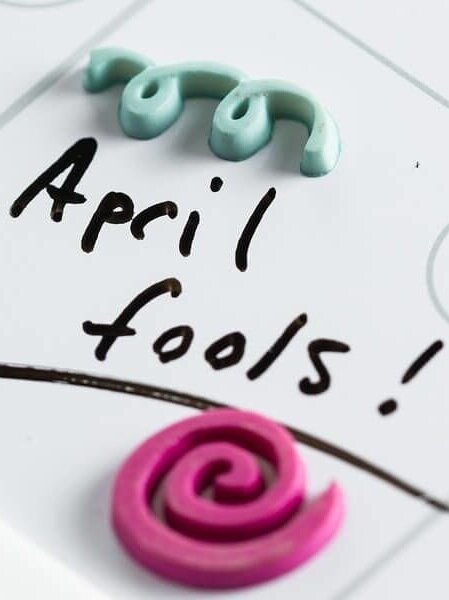April Fool’s Day: The Do’s & Dont’s Of Marketing Tactics
In the modern age of social media, what makes people laugh makes them share. As the one day a year where brands can play pranks on their consumers without furious backlash, April Fool’s Day presents a unique marketing opportunity. While scrolling through social media feeds and emails on April 1st, it can sometimes be hard to distinguish what is real and what is fake.
As the international day of the prankster approaches, we’ll discuss how you can develop a campaign, what to avoid, and some brands that have mastered the art of April Fool’s Day marketing. It should be said that although we are collectively trying to navigate through these tough times amidst the corona virus pandemic, we should not lose sight of the one thing which we all can find some comfort in: humor.
The Do’s of April Fool’s Day Campaigns
The best April Fool’s Day jokes have enough realism to be convincing but also remain lighthearted. Coming up with an idea that’s relevant to your brand, products, and niche is the best way to join in on the holiday fun.
Here are some approaches from top brands to get you inspired:
Announce a Fake Product Launch: Amazon launched a version of its Echo speaker called “Petlexa” in which household pets could communicate with the smart assistant. Although the product launch was fake, it highlighted the Echo’s features in a way that humans could appreciate — convincing many people to go out and purchase one.
Send Out an Announcement: Auntie Anne’s wrote a press release announcing it would be adding Hot Yoga Studios to all of its 1,800+ locations worldwide. The company added that its employees would leverage Auntie Anne’s signature scent of freshly baked pretzels as a form of "Heaven Scent” aromatherapy. Although the stunt was fake, it appropriately leveraged humor in a way that aligned with Auntie Anne’s brand and products.
Leverage a Partnership: Facebook CEO Mark Zuckerberg has always been known for his dry fashion sense —even he recognizes it. As a way to make fun of himself and make others laugh, Zuckerberg teamed up with retailer H&M to release a fake clothing line for April Fool’s Day. A genius parody site promoted the clothing line, which consisted of seven grey T-shirts and a single pair of “basic jeans” — Zuckerberg’s everyday attire.
Advertise a Fake Event: Online shopping hub RetailMeNot unveiled a new festival for deal hunters called Dealchella. The brand went so far to tease fake activities and attractions, and even a lineup featuring performers such as Imagine Discounts, Penny Lovato, John Payer, and Taylor Thrift. Clever, right?
Promote a New Feature: Google is known for being a trickster this time of year. Mario Kart, Where's Waldo, and even Pokémon GO began their life as Google Maps “pranks” — but not so much pranks since they’re actually real games. The corporate giant continued the trend in 2019 when it turned Google Maps into a game of Snake. Smartphone users had a week to access this in-app feature, in which they could explore different cities including Cairo, London, San Francisco, São Paulo, Sydney, and Tokyo — all via the Snake that acted as a train.
The Dont’s of April Fool’s Day Campaigns
Sure, brands can have fun with their April Fool’s Day messaging — but not too much fun. With any type of marketing comes campaigns gone wrong. Some brands have even vowed to not participate in the holiday — like Microsoft, who warned its employees in 2019 to not to pull any public-facing April Fool’s Day jokes.
That said, this doesn’t mean you can’t or shouldn’t create April Fool’s Day content. As we’ve discussed, many brands have successfully leveraged this day with positive results.
To ensure you avoid unwanted backlash, we’ve compiled some “don’ts” to consider as the day of jokes approaches:
Don’t Forget to Come Clean: There will always be people who will still believe your prank is real, so it’s advisable to come clean after unveiling your joke.
Don’t Overstep your Brand Identity: Many companies, like Burger King, Honda, and H&M have repeatedly succeeded with jokes because their pranks have aligned with their brand voices.
Err on the Side of Caution: Consumer trust is important — once lost, it can be impossible to gain back. Brands should tread carefully when considering how far to go with their April Fool’s Day jokes.
Conclusion
April Fool’s Day presents an opportunity to add a spin on your go-to marketing efforts. When you appropriately make use of this day, you can add new customers, engage existing ones, and increase brand awareness. As you consider potential pranks for this day, make sure your concept aligns with your brand’s identity, doesn’t offend the public, and is worth the additional buzz you’ll receive from consumers.



